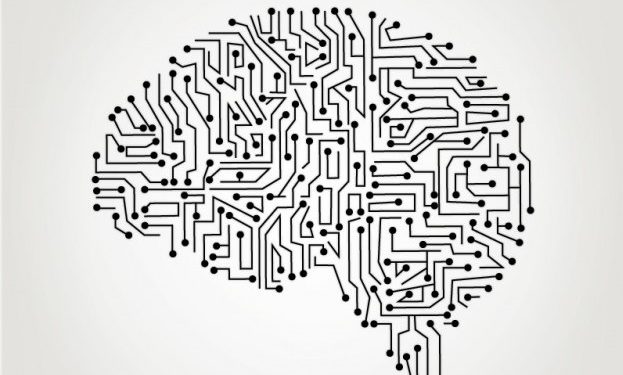The pandemic has dramatically reduced international remittance and jammed up international supply chains, but has conversely increased customer service issues and the need for improved outbound marketing. AI can help FIs respond more accurately and efficiently with less manpower. Mercator does not recommend the use of a blockchain as a glorified database. If not integrating data from multiple third parties or individuals, then use a database that costs less to deploy, can be deployed more quickly, and performs faster.
Also recognize that implementing smart contracts developed in a Turing complete development environment for deployment on a blockchain is high risk with liability ramifications. Excerpted below is a Forbes article that discusses the AI topic further:
“Here are several ways blockchain and AI technologies can revolutionize the financial industry.
Better Customer Service
Currently, opening an investment account can take several days, because banks need to collect information from various sources about their clients. A blockchain can store all customer information in one place, while AI-driven algorithms can quickly analyze that information and make unbiased decisions. As a result, financial institutions can offer personalized services to more clients faster, more securely and more efficiently.
For instance, the Luvo service chatbot and the KAI-based bot were successfully implemented for reducing customer queries. Using these AI-powered services, bank clients can get answers on their simple questions and can automate daily tasks, like money transfers, account reviews and reporting.
Cheaper And Faster Payments
Time is money. But bank transactions are still slow and costly. In contrast, blockchain-based cross-border payments are inexpensive and fast, because they don’t require third-party authorization.
Just compare the 2% to 3% remittance costs for blockchain transactions with the 5% to 20% withheld by traditional banks. In terms of speed, the number of confirmed Bitcoin transactions per second reached 3.8 in March 2020, while its highest rate was 4.7 in mid-December 2017.
AI technologies can further increase transaction speeds by reducing the need for human input, and banks can automate payment workflows by applying image recognition to financial documents and using natural language processing to support payments via voice assistants.
Less financial crime
According to the United Nations, the amount of money laundered globally varies between $800 billion and $2 trillion per year. However, a combination of blockchains and AI could bring money laundering to an end.
Blockchains ensure data transparency and traceability, giving regulators and law enforcement all the information they need for audits. Additionally, the use of smart contracts can prevent clients from providing false data and banks from changing their contract terms.
AI-based technologies can validate client transactions against payment fraud in real time, and AI-based behavior analytics can enable financial institutions to respond in near real time to insider security incidents.”
Overview by Tim Sloane, VP, Payments Innovation at Mercator Advisory Group










